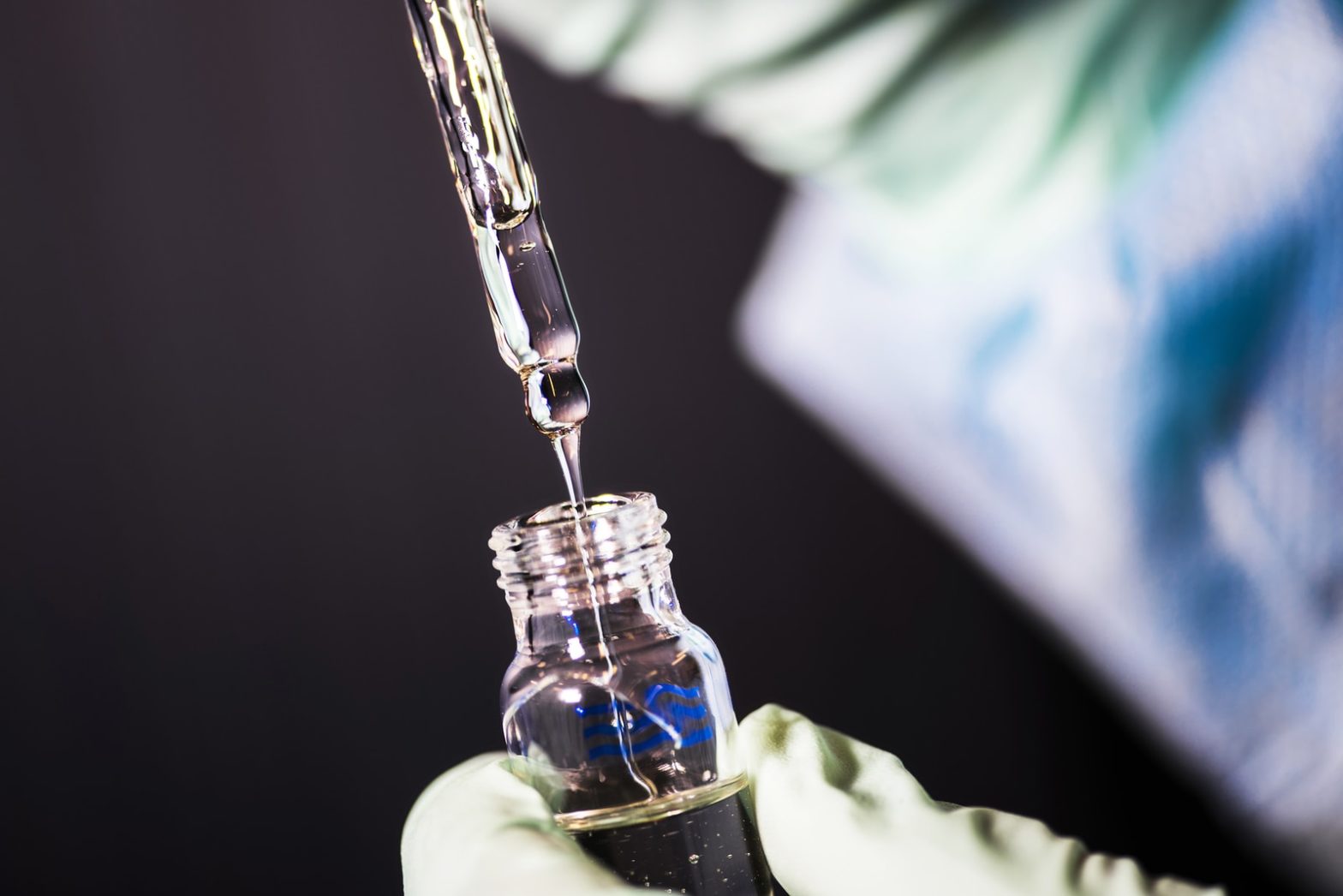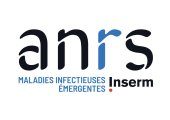Description
The VISCONTI study proposed that post-treatment control (PTC) of HIV infection might be favored by early antiretroviral treatment (ART) initiation. However, a formal demonstration has not been established and the underlying mechanisms leading to PTC remain elusive. The pVISCONTI program aims to assess, in standardized conditions, the impact of early versus late ART initiation on viral reservoirs and immune responses, and the outcome after analytical treatment interruption (ATI). Using the Cynomolgus Macaques model of SIVmac251 infection, the specific aims of this study are i)to dissect, at the systemic and tissue level, the viral diversity, dissemination, replication and reservoir levels at treatment initiation, at the time of treatment interruption and post-interruption, ii)to evaluate how such treatments impact T cell reconstitution and turnover, ii)to identify anti-viral immune responses, both innate and adaptive, associated with transient or long-term control of infection after treatment interruption. To assess how early vs. delayed treatment impacts the priming, maturation and preservation of such responses, and iv) to discover (systemic) biomarkers predicting, at the time of treatment initiation or during treatment, the outcome of treatment interruption.











